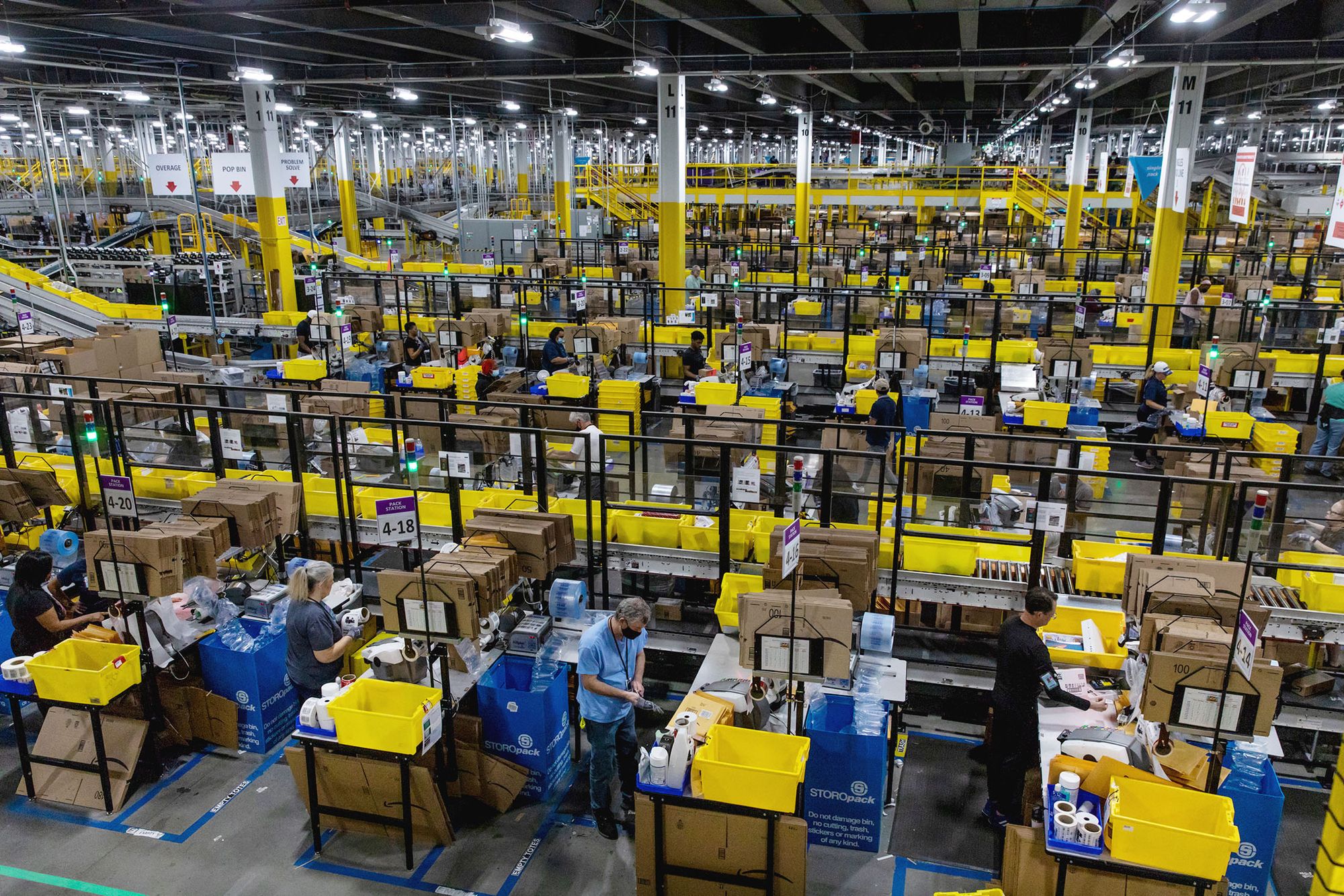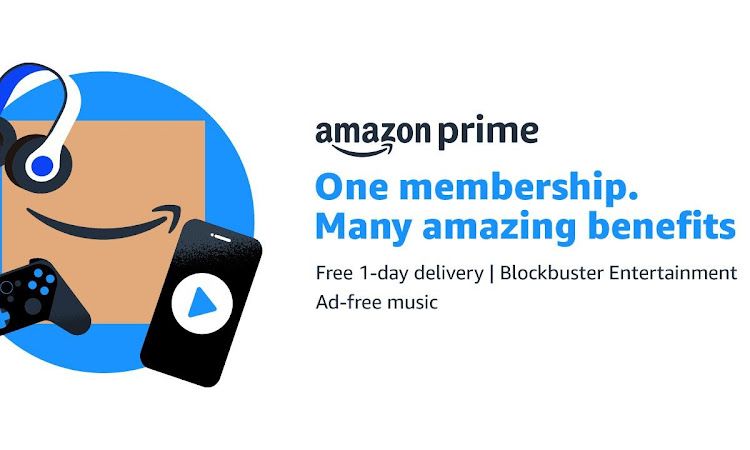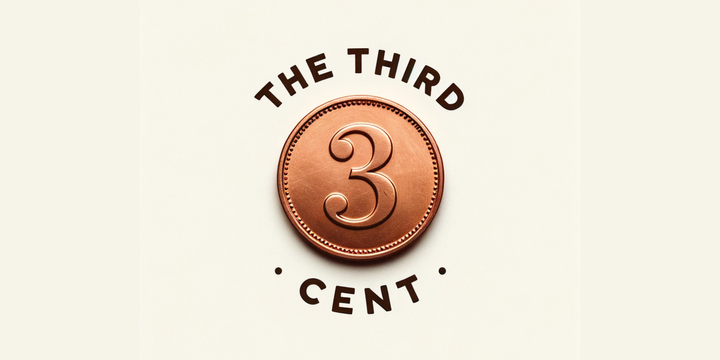The Consumer Decision Making Process: Amazon.com

The best marketers are those who understand their customers. Now, this leads us to the question, "How do we understand them?". The obvious answer here is, of course, Marketing Research. While this answer is technically correct, the exact answer lies in consumer research, a very specific subset of marketing research. The consumer decision-making process is a subset of consumer research, which is itself a part of broader marketing research. This process consists of several stages a consumer typically goes through before making a purchase: problem recognition, information search, evaluation of alternatives, purchase decision, and post-purchase behaviour. Many marketing research scholars have tried to understand the complexities of the consumer decision-making process. We can safely say that the journey to understand the consumer decision-making process is still under way, and there is much we still have to learn.
While understanding the consumer decision-making process theoretically is still underway, there are many instances where marketers (such as yourselves) have been able to grasp the pulse of the consumer without the need for complicated math, comprehensive research, or any sort of formal analysis. For these marketers, understanding the consumer decision-making process has been a superpower. In this article, I want to focus our attention on one such titan.
Jeff Bezos:
Jeff Bezos, the founder of Amazon, is, in my view, someone who has an exceptional understanding of the consumer decision-making process. Let’s try and see how he changed consumer behaviour during the different stages of the process.
Need recognition:
Long ago, not so long ago, in the exact same place we live, consumers had to search for parking spaces, wait in queues for billing, and invest a significant amount of time, energy, and resources to go shopping. Bezos was among the first to recognise that consumers in general wanted a more comfortable, less time-consuming way to shop. It was his understanding of this need that ultimately led to the founding of Amazon (named after the largest rainforest on the planet that was also known for its diversity—got the link?).

Information Search:
Amazon’s path-breaking innovation came in this phase of the consumer decision-making process. By simplifying information search and providing users with a rich source of comprehensive product details and user reviews, Bezos made it easy for his customers to search for products based on a variety of product attributes. By providing a platform for customers to share their product experiences, Amazon created a rich source of information for consumers to reference during their search. This fundamentally transformed the way consumers searched for suitable alternatives to evaluate for purchase.
Evaluation of Alternatives:
Amazon made the evaluation of alternatives easy by presenting a variety of options for each product search, along with ratings, reviews, and detailed product descriptions. While this made the process of evaluating alternatives simple and even fun, I feel their "Customers who viewed this item also viewed" and "Customers who bought this item also bought" features helped consumers not only evaluate alternatives with ease but skip the first two steps of the consumer decision-making process entirely.
Purchase Decision:
Amazon makes it easy for consumers to make purchases. While they were able to streamline the purchase process with their "1-Click Ordering" feature, features such as subscriptions were able to take much of the cognitive load away from the consumer and automate much of the decision-making process too. Subsequently, Amazon also introduced "Amazon Prime," which helped consumers eliminate shipping cost-related concerns (monitory or cognitive), thereby making it easier for consumers to make purchase decisions.

Post-purchase Behavior
Amazon has built a strong customer service team to handle post-purchase issues and introduced easy return policies, ensuring customer satisfaction even after the purchase.
When my original Echo stopped working back in 2019, I tried writing to Amazon, and they attempted to help me. While the customer care people were rather helpful, I felt that there was a need to escalate. I then wrote to Jeff Bezos (A friend encouraged me to write to him). To my surprise, I received a response, which I’m just quoting here for your reference:
“Hello Karthik“,
I'm Luis S. of Amazon's Tech Support Executive Customer Relations Team. Jeff Bezos received your email and I'm responding on his behalf.
I'm sorry to hear about the inconvenience you've experienced with your Echo device. First, I'd like to inform you that I've requested a refund for order 402-6690668-4896363, for the Echo power adapter. The refund will be applied back to the original payment method in the next 3-5 business days.
In this case, you're not required to return the item. Please feel free to keep it or dispose it at your convenience.
I'd like to inform you that since the Echo device was purchased on Monday 6 November 2017, the 1 year warranty has already expired. If you'd still like to replace it, what we can do as a gesture of goodwill and an exception to our policy, it's to add a Rs.3,500.00 Gift Card to your Amazon Account that you can use to purchase a new device directly from the website. With this Gift Card plus the Rs. 1,999.00 refund that you'll receive, you have a total of Rs. 5,499.00 to purchase a new device.
Meaning that you'll only need to pay the difference of Rs. 2,500.00. Or you can always get an Echo Dot (3rd Gen) for a total of ₹ 3,999.00. You can see the details of this device here:
Please let me know if you'd like to proceed with this and I'll contact you back with further details.
I hope this helps. Have a good day.
Did I solve your problem??
If yes, please click here:
http://www.amazon.in/gp/help/survey?p=AMX80N3D2B72V&k=hy
If no, please click here:
http://www.amazon.in/gp/help/survey?p=AMX80N3D2B72V&k=hn
To contact us about an unrelated issue, please visit the Help section of our website: http://www.amazon.in/help
Luis S.
Tech Support Executive Customer Relations
Amazon.in
==========================”
Now, why would I ever leave Amazon and use their competitors instead?
Closing Remarks:
In conclusion, understanding the consumer decision-making process isn't just about theory or academics; it's about empathy, insight, and the willingness to go above and beyond to cater to customer needs. Jeff Bezos and Amazon have demonstrated this time and again, mastering each stage of the consumer decision-making process and ensuring an unmatched customer experience. Bezos has shown that the 'super power' of truly understanding the consumer does not come from vast amounts of data or complicated algorithms but from a relentless focus on making customers' lives better. From recognising needs, simplifying searches, aiding evaluations, streamlining purchase decisions, and ensuring customer satisfaction post-purchase, they have set a new standard for customer-centricity.
As future marketers, we must learn from this approach. After all, to serve our customers, we must first understand them. Let us strive to be marketers who, like Bezos, listen to our customers, understand their needs and wants, and then find innovative ways to exceed their expectations. It is in this relentless pursuit of customer satisfaction that we will find our own 'super power' and truly make our mark in the marketing world.
As we continue our studies and eventually embark on our professional journeys, let's keep this perspective in mind. To truly succeed in marketing, we must be more than just conveyors of product information; we must be advocates for our customers, their needs, and their satisfaction. And just like Amazon, we should never forget the importance of post-purchase service. The customer's journey doesn't end at the point of sale, and neither should our efforts to deliver an exceptional experience.
Remember the words of Jeff Bezos: "We see our customers as invited guests to a party, and we are the hosts. It's our job every day to make every important aspect of the customer experience a little bit better." As we go forth in our marketing journey, let us strive to be the hosts who throw unforgettable parties, creating marketing experiences that not only meet but exceed the expectations of our 'invited guests,' the customers.



